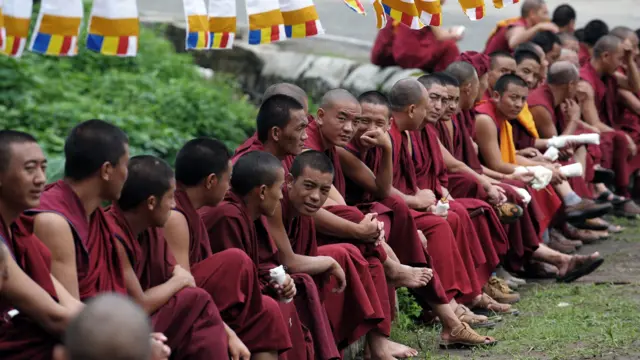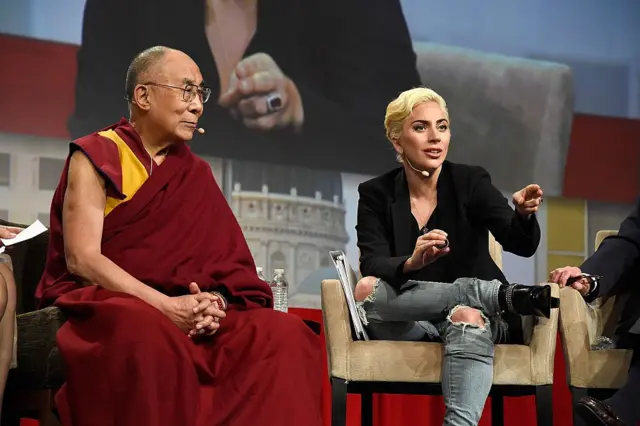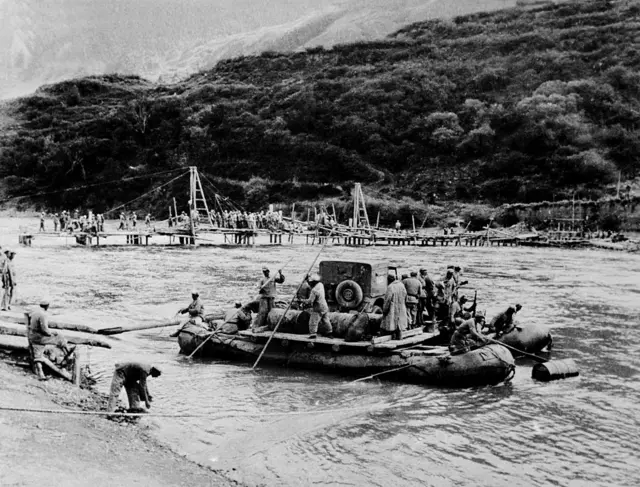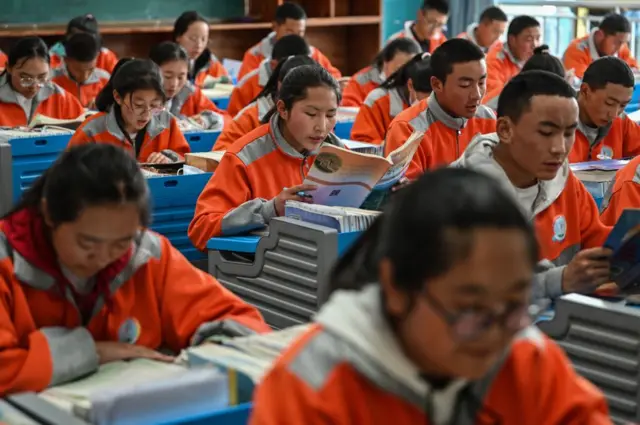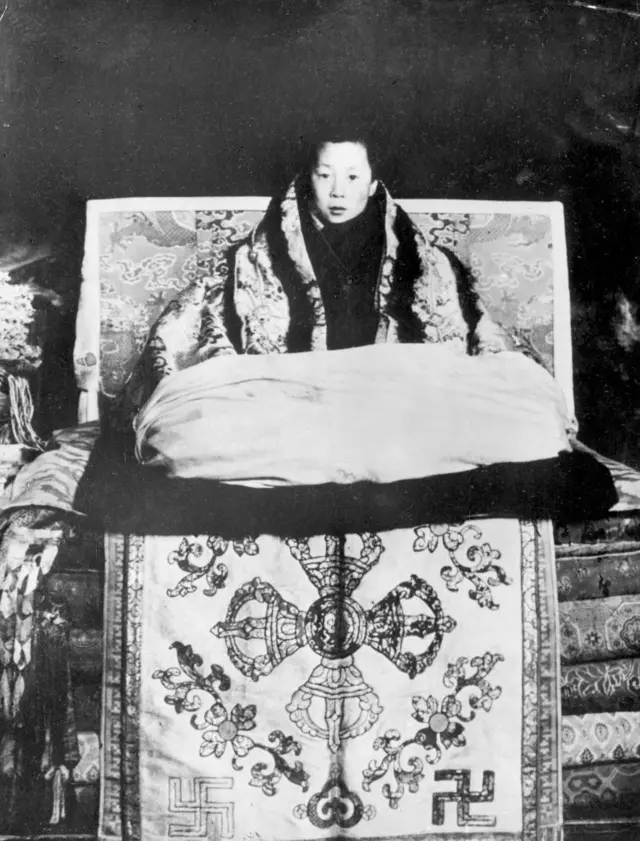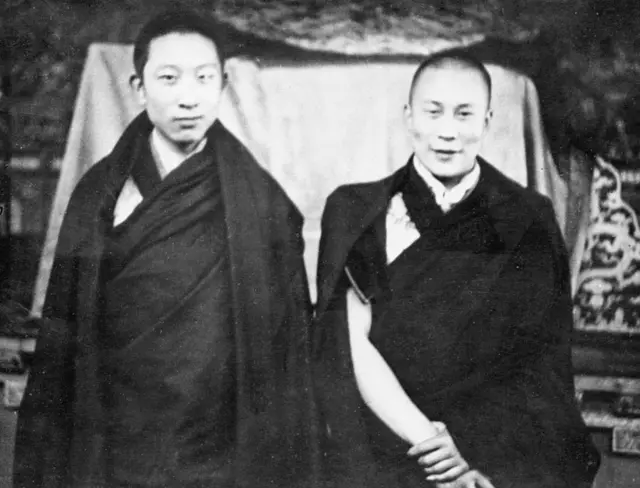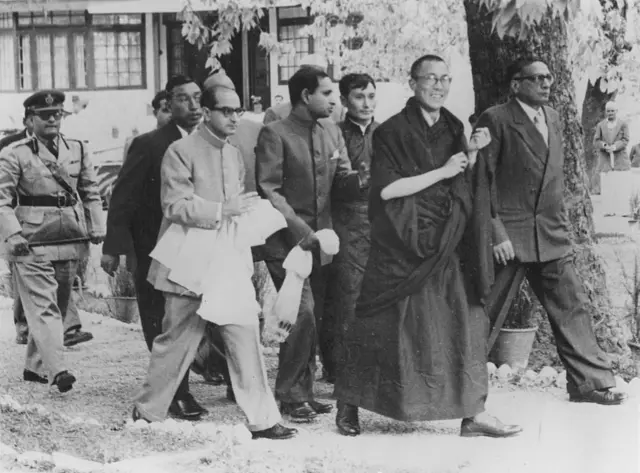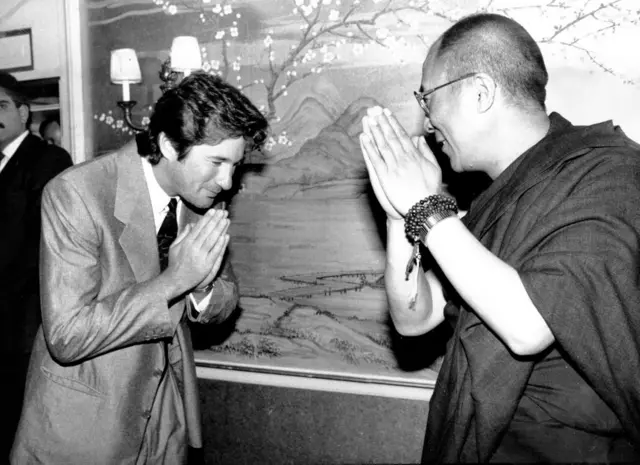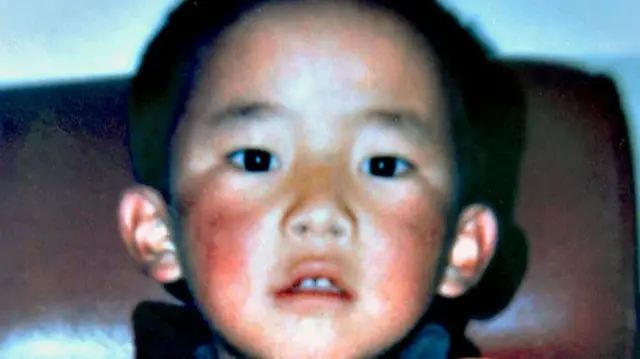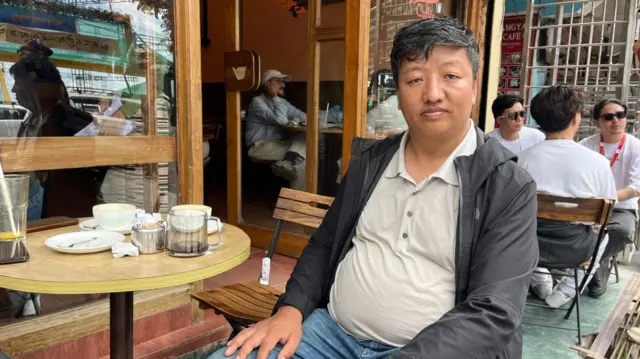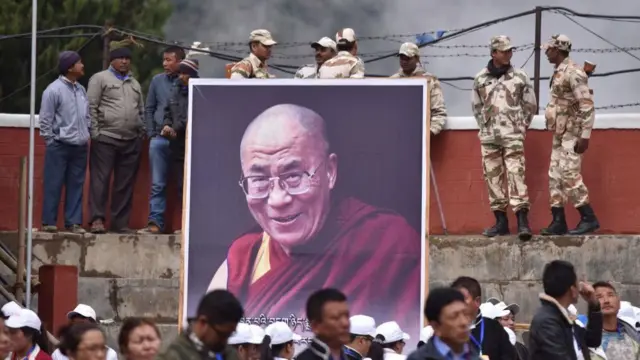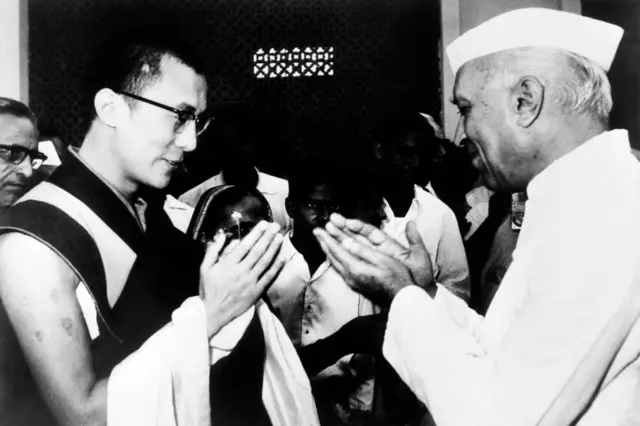Thanks for joining uspublished at 12:01 British Summer Time 2 July
We're ending our live coverage, but you can stay across all the updates here.
This page was brought to you by teams in Delhi, London, Singapore and Beijing, with inputs from Zoya Mateen, Vikas Pandey, Anahita Sachdev, Sharanya Hrishikesh, Meryl Sebastian, Cherylann Mollan, Neyaz Farooquee, Tessa Wong, Laura Bicker and Anbarasan Ethirajan, and reporting from Samira Hussain, Aamir Peerzada and Adnan Bhat in Dharamshala. It was edited by Nikhil Inamdar in London and Geeta Pandey in Delhi.
